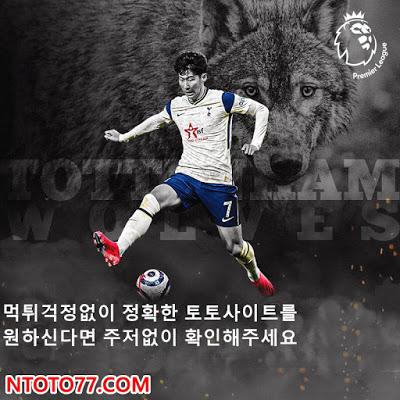메이저사이트
IOC Gives Athletes More Scope For Protest At Tokyo Olympics
The IOC at long last yielded on Friday to let Olympic competitors make tokens of dissent in their field of play at the Tokyo Games.메이저사이트
A t hird update inside year and a half of Olympic rules that attempt to restrict where and how competitors state viewpoints included interestingly more prominent extension inside their occasion field.
The most recent direction seems to allow competitors to duplicate the famous Black Power raised clench hand tokens of American runners Tommie Smith and John Carlos at the 1968 Mexico City Olympics.
Nonetheless, they ought to be permitted in Tokyo just "before the beginning of the opposition" and not on the platform at award functions as Smith and Carlos did. The American 200-decoration medalists were ousted from the Olympics.
Motions will currently be permitted in Tokyo by competitors "subsequent to leaving the 'call room' (or comparable region) or during the presentation of the individual competitor or group," the IOC said. This ought to incorporate at the beginning squares or beginning line.
Competitors actually face disciplinary activity if their signal is "designated, straightforwardly or by implication, against individuals, nations, associations," or is problematic, the IOC said.
Interruption could incorporate upsetting an adversary's fixation or arrangement, by spreading out a flag or a motion during a public song of praise.
In a period of restored competitor activism and motions like taking a knee, the IOC has attempted to adjust the long-standing Rule 50 of its Olympic Charter.
It expresses: "No sort of exhibit or political, strict or racial publicity is allowed in any Olympic destinations, scenes or different regions."
The IOC Athletes' Commission's re-implementing of Rule 50 in January 2020 was censured at the time by some competitor gatherings, and it looked obsolete after the homicide of George Floyd in May 2020.
A survey of the standard was guaranteed by the IOC in the midst of a worldwide rush of help for the Black Lives Matter development and calls for more friendly equity.
Before his 200-meter race in Monaco last August, American best on the planet Noah Lyles remained at the beginning squares with his head bowed and raised his dark gloved right clench hand. Lyles, who is Black, will race the 200 in Tokyo.
At the point when consequences of the following Rule 50 survey were reported in April, the direction to competitors actually missed the mark regarding what extremist gatherings needed.
The interview managed by the competitor agent on the IOC's chief board, Olympic hero swimmer Kirsty Coventry of Zimbabwe, finished up competitors needed the field of play and platform secured. The interaction had talked generally to competitor bunches from formally perceived channels, for example, public groups and sports overseeing bodies.
One IOC concession was that competitors could wear clothing showing words like "harmony," "regard," "fortitude," "consideration" and "uniformity," however trademarks, for example, "People of color Matter" would not be acknowledged.
Competitor gatherings and player associations reacted by promising lawful portrayal to any individual who was focused for their activities in Tokyo.
The IOC's update was restricted to the Tokyo Olympics that open in three weeks, and didn't allude to the possibly disputable 2022 Beijing Winter Olympics in February.

By using this site you agree to this Privacy Policy. Learn how to clear cookies here
Xander Schauffele – Golfens nästa superstjärna? Teachers' Day: Honoring Unsung Heroes ¿Es la Eredivisie la mejor liga de fútbol que nadie ve? 188clbco VI68 Family Doctor Brooklyn 메이저사이트 메이저사이트 Bathroom builder Wollongong